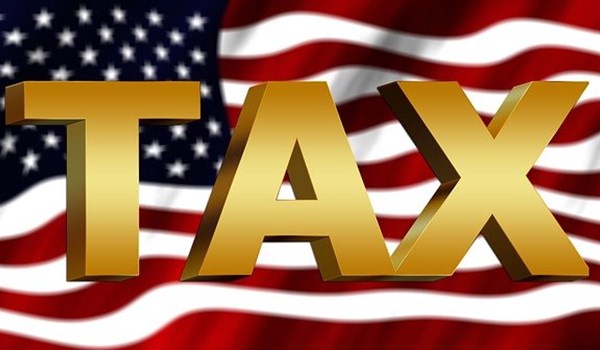US Treasury once again proposes new crypto tax rules to “modernize” code.
In an effort to keep pace with the rapidly evolving digital currency landscape, the US Treasury has once again put forth new proposals aimed at updating the tax code to better encompass cryptocurrency transactions.
These proposed changes are part of a broader initiative to “modernize” the tax code, ensuring that it remains relevant and effective in a world where digital assets play an increasingly prominent role.
The Treasury’s latest proposals include clarifying the tax treatment of various cryptocurrency-related activities, establishing clear reporting requirements for crypto exchanges and wallet providers, and defining the parameters for what constitutes a taxable event in the context of digital currency trading.
By refining the tax code to address these modern financial instruments, the Treasury aims to close loopholes that have allowed tax evasion and to provide clearer guidance for honest taxpayers who want to comply with their tax obligations while engaging with cryptocurrencies.
The proposed changes are expected to enhance transparency and accountability, while also providing clearer guidance for taxpayers and tax professionals. The Treasury’s approach involves a careful analysis of various financial instruments and the ways in which they are used to exploit gaps in the tax code. The goal is not only to close existing loopholes but also to anticipate potential future abuses and address them proactively.
As part of this process, the Treasury is engaging with stakeholders, including industry experts, tax attorneys, and public interest groups, to gather input on the most effective ways to update the tax code. This collaborative approach ensures that the reforms are well-informed and balanced, taking into account the complexities of financial markets while protecting the interests of taxpayers.
Ultimately, by refining the tax code, the Treasury is working towards a more equitable tax system that reflects current economic realities and supports the long-term fiscal health of the nation.
This initiative reflects a growing recognition of the significant role that digital assets play in the modern economy and the need for a fair tax system that can adapt to the unique characteristics of these emerging financial instruments.
As part of this endeavor, the Treasury is examining various aspects of cryptocurrency transactions and their implications for tax policy. The goal is to create a system that ensures tax compliance while fostering innovation and fairness in the crypto space.
Key considerations in this process include defining clear tax guidelines for crypto-related activities, addressing potential loopholes that could lead to tax evasion, and ensuring that tax obligations are consistent with those of traditional financial assets.
The Treasury’s approach involves collaboration with other government agencies, industry experts, and stakeholders to gather insights and perspectives on the best ways to integrate cryptocurrencies into the existing tax framework. Through public consultations and policy discussions, the Treasury aims to develop regulations that balance the need for government oversight with the dynamic nature of the crypto market.
This commitment to a more equitable tax system for cryptocurrencies is part of a broader effort to modernize financial regulations and promote economic growth. By adapting tax policies to accommodate new technologies, the Treasury is paving the way for a more inclusive and equitable financial landscape.
As the landscape continues to shift, it’s likely that we’ll see further refinements to these rules. The Treasury’s proactive stance demonstrates a commitment to adapting regulatory frameworks in step with technological advancements, ensuring that the tax system remains fair and equitable for all.



